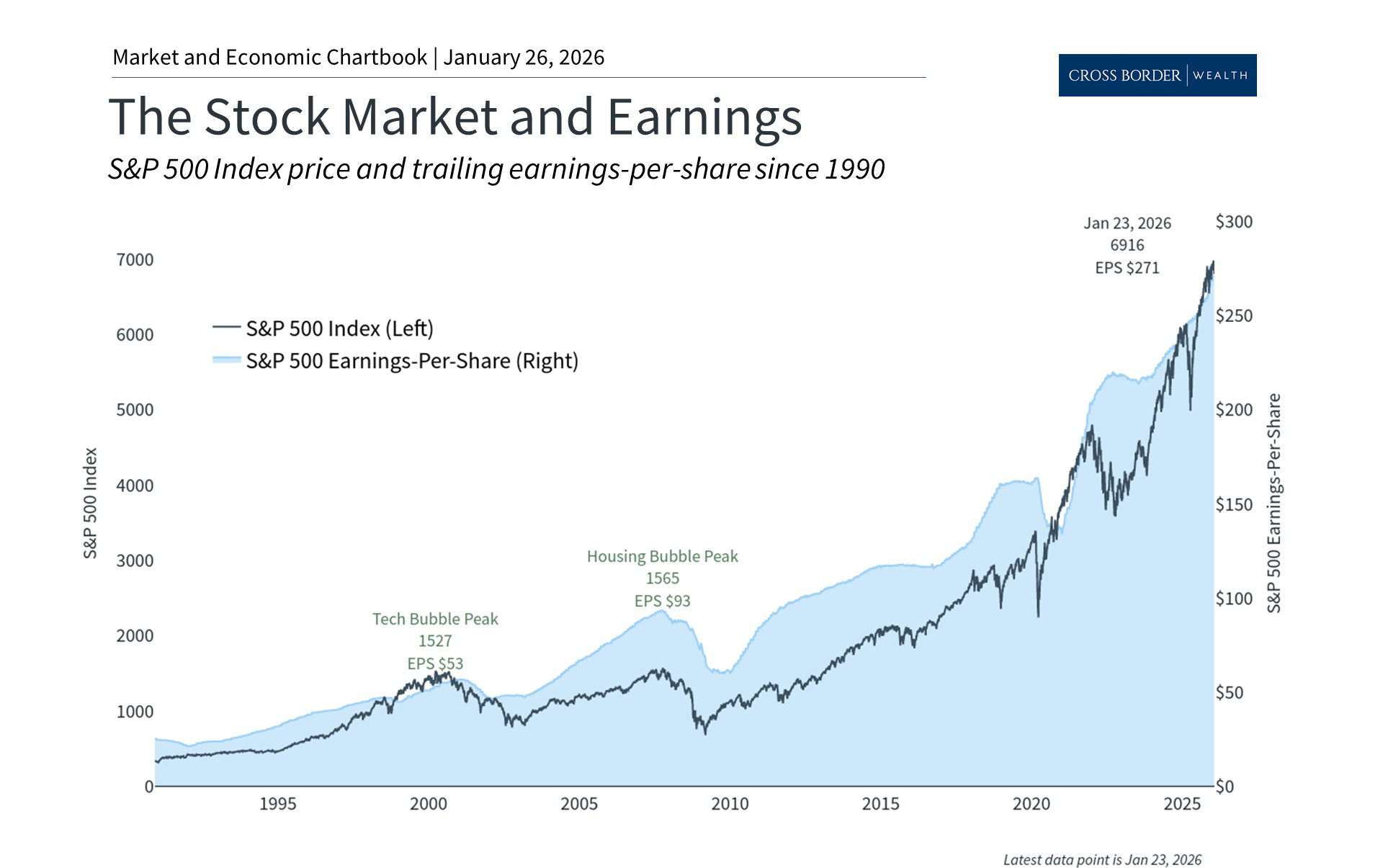2021 Year-End Tax Tips
- Global Wealth Management
- 3 mins
Here are some things to consider as you weigh potential tax moves between now and the end of the year.
1. Defer income to next year
Consider opportunities to defer income to 2022, particularly if you think you may be in a lower tax bracket then. For example, you may be able to defer a year-end bonus or delay the collection of business debts, rents, and payments for services. Doing so may enable you to postpone payment of tax on the income until next year.
2. Accelerate deductions
You might also look for opportunities to accelerate deductions into the current tax year. If you itemize deductions, making payments for deductible expenses such as medical expenses, qualifying interest, and state taxes before the end of the year (instead of paying them in early 2022) could make a difference on your 2021 return.
3. Make deductible charitable contributions
If you itemize deductions on your federal income tax return, you can generally deduct charitable contributions, but the deduction is limited to 60%, 30%, or 20% of your adjusted gross income (AGI), depending on the type of property you give and the type of organization to which you contribute. (Excess amounts can be carried over for up to five years.)
For 2021 charitable gifts, the normal rules have been enhanced: The limit is increased to 100% of AGI for direct cash gifts to public charities. And even if you don't itemize deductions, you can receive a $300 charitable deduction ($600 for joint returns) for direct cash gifts to public charities (in addition to the standard deduction).
4. Bump up withholding to cover a tax shortfall
If it looks as though you will owe federal income tax for the year, consider increasing your withholding on Form W-4 for the remainder of the year to cover the shortfall. There may not be much time for employees to request a Form W-4 change and for their employers to implement it in time for 2021. The biggest advantage in doing so is that withholding is considered as having been paid evenly throughout the year instead of when the dollars are actually taken from your paycheck. This strategy can be used to make up for low or missing quarterly estimated tax payments.
5. Maximize retirement savings
Deductible contributions to a traditional IRA and pre-tax contributions to an employer-sponsored retirement plan such as a 401(k) can reduce your 2021 taxable income. If you haven't already contributed up to the maximum amount allowed, consider doing so. For 2021, you can contribute up to $19,500 to a 401(k) plan ($26,000 if you're age 50 or older) and up to $6,000 to traditional and Roth IRAs combined ($7,000 if you're age 50 or older).* The window to make 2021 contributions to an employer plan generally closes at the end of the year, while you have until April 15, 2022, to make 2021 IRA contributions.
*Roth contributions are not deductible, but Roth qualified distributions are not taxable.
6. Take required minimum distributions
While required minimum distributions (RMDs) were waived for 2020, they are back for 2021. If you are age 72 or older, you're generally required to take RMDs from traditional IRAs and employer-sponsored retirement plans (special rules apply if you're still working and participating in your employer's retirement plan). You have to make the withdrawals by the date required — the end of the year for most individuals. The penalty for failing to do so is substantial: 50% of the amount that wasn't distributed on time.
7. Weigh year-end investment moves
You shouldn't let tax considerations drive your investment decisions. However, it's worth considering the tax implications of any year-end investment moves that you make. For example, if you have realized net capital gains from selling securities at a profit, you might avoid being taxed on some or all of those gains by selling losing positions. Any losses over and above the amount of your gains can be used to offset up to $3,000 of ordinary income ($1,500 if your filing status is married filing separately) or carried forward to reduce your taxes in future years.
Cross Border Wealth is a SEC-registered investment adviser which may only transact business in those jurisdictions in which it is registered or qualifies for an exemption or exclusion from registration requirements.
Cross Border Wealth may discuss and display charts, graphs, formulas, stock, and sector picks which are not intended to be used by themselves to determine which securities to buy or sell, or when to buy or sell them. This specific information is limited and should not be used on their own to make investment decisions.
All information provided in this article is for educational purposes only and does not intend to make an offer or solicitation for the sale or purchase of any specific securities, investment, or investment strategies. Please ensure to first consult with a qualified financial adviser and or tax professional. Further, please note that while said information has been obtained from known sources which are believed to be reliable, none of these are guaranteed.


